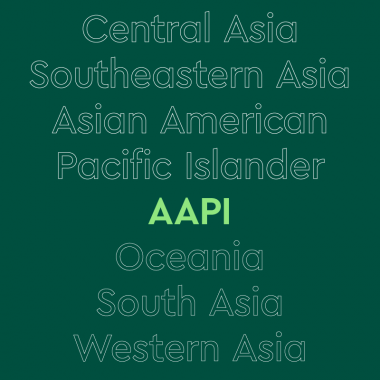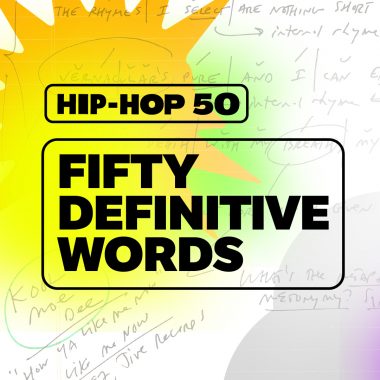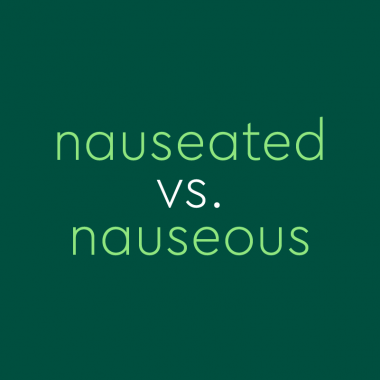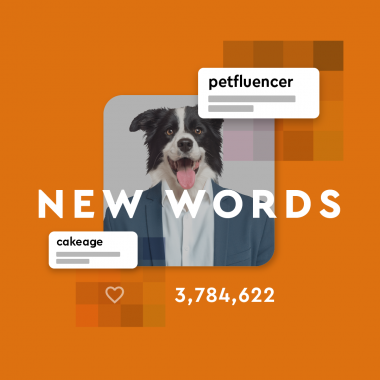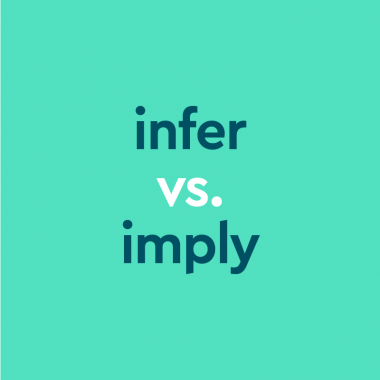The Oldest Abbreviations In English
In the age of LOL, WTF, and OMG, abbreviations are often looked at as a sign of the coming apocalypse. (Spoiler: LOL, WTF, and OMG are not the oldest abbreviations in English—you’re shocked, we know.) So-called textspeak is viewed as a lesser form of English, and many people worry that pretty soon we’ll all be communicating solely in emoji. But, abbreviations aren’t exactly a new invention. …

